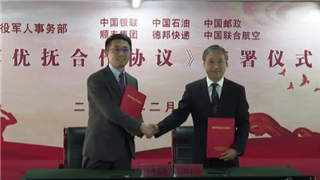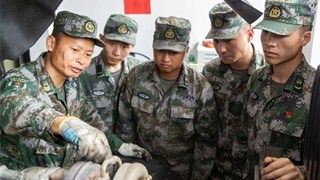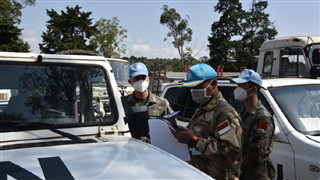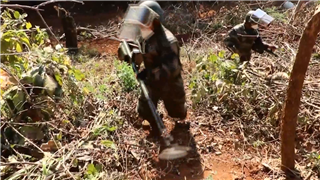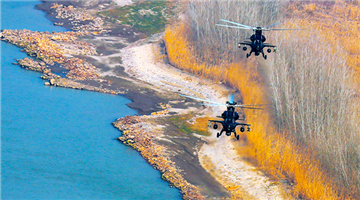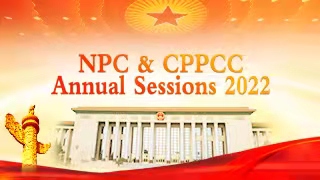BEIJING, March 9 (Xinhua) -- Gesang Zhoigar is former Party chief of Tama Village in Lhasa, capital city of southwest China's Tibet Autonomous Region, and also a deputy to the 13th National People's Congress (NPC), China's national legislature.
"It is an honor, as well as a responsibility for me. All my proposals over the years have got responses and the problems I raised have been solved," she said.
Born into a family of serfs who had struggled for subsistence, Gesang Zhoigar said she felt lucky that she and her siblings had the opportunity to receive education at school, and some of them later became teachers.
"I've witnessed what Tibet has achieved over the decades. Today the region is more open and inclusive, and is brimming with confidence than ever before. People of all ethnic groups here are very optimistic about the future."
"As a grassroots deputy, I feel delighted and excited as I can take note of people's ideas and bring my proposals to the 'two sessions'," she said. "I will continue to speak for the public, and contribute towards their happiness."
THRIVING BORDER TOWNS
Tashi Gyaltsen is the only NPC deputy of the Lhoba ethnic group from Tibet's Doyu Lhoba ethnic autonomous township. There are nearly 4,300 Lhoba people in the country, making the ethnic group one of the smallest among China's 56 ethnic groups in terms of population.
"It was not until I was in the third grade that I began to learn Mandarin," said Tashi Gyaltsen, adding that he later was enrolled in a junior high school outside his hometown.
He recalled that on his first day to the high school, the tall buildings on the way impressed him. "It was the first time that I saw such buildings. I was determined to study hard so that I could return to my hometown to build highrises."
Doyu Township has seen two-story dwellings spring up in recent years, with tap water, electricity and toilets available. The township has access to the internet, too.
"Villagers are living in decent homes. They own cars and drive to the cities to go on holidays," said Tashi Gyaltsen, noting that there were only a few cars in the town a decade ago.
By the end of 2021, the per capita disposable income of rural residents in Doyu reached 26,583 yuan (about 4,200 U.S. dollars), up 16.6 percent year on year. Industrial projects such as fungus planting base have been established, which are expected to increase the incomes of the locals.
"The government work report this year highlighted the development of central and western regions, as well as the ethnic minority areas. I believe that the border areas will become better and better," said the lawmaker.
ETHNIC CULTURE CONSERVATION
Norbu Sidar, a national political advisor, is a Thangka master, and he has been making efforts to promote the protection and inheritance of the traditional art.
Thangka is a Tibetan Buddhist scroll painting on cotton or silk with mineral and organic pigments derived from coral, agate, sapphire, pearl, gold, and other elements. The paintings date back to the 10th century and typically depict Buddhist deities.
"Tibet has rolled out many local rules and regulations to protect our traditional culture in recent years," said Norbu Sidar, head of the Tibetan Thangka Academy in Lhasa.
The academy has invested more than 10 million yuan to train over 300 professional thangka painters free of charge, and has helped thousands of people find jobs in recent years. The protection, inheritance and development of thangka art in Tibet have injected new vitality into the development of cultural industries and rural revitalization in Tibet.
Last year, he made a suggestion to the political advisory body, calling for more flexible and long-term policies to support ethnic traditional handicrafts.
"I will do my best to inherit and carry forward the ancient painting," he said.
